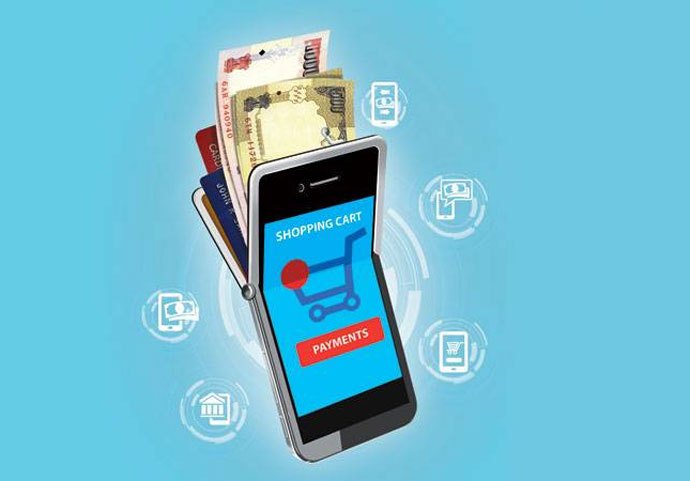
In this era of technology, online accounts and digital wallets have become necessary for business as well as personal transactions. What has made the world take notice is the new-age criminals, who are sometimes far ahead of their ethical counterparts in terms of software and skills. This pushes institutes, organizations, and individuals to stress on security to thwart malicious activities and ensure information safety. The major challenge comes in the form of personal information gathered from digital wallet platforms for marketing purposes such as name, email address, phone numbers, date of birth, etc.
While the wallet will be under strict surveillance, the marketing information is not so stringent. This information is gathered with the help of software to track client’s interest and behaviour online – this data is used as a guide to plan and implement marketing campaigns. Security measures on some software will not be advanced as required, allowing marketing managers, and unfortunately unethical elements, to peek into a client’s mobile phone and follow their digital footsteps.
With new ransom ware and hacking becoming a common occurrence, maintaining the highest level of security has become challenging, even for digital companies’ latest security protocols. The main threat to a digital wallet is through the exchange provider or wallet. Hackers can track and store valuable information at the provider level. The information can then be used to access a wallet without the owner’s knowledge and permission.
Some simple steps to increase the security of your digital wallet:
- Turn off auto-updatesTurn off auto updates from the wallet companies immediately. One reason – it is easy for criminals to infect the update with bugs to spy on your wallet. Ask for a notification instead. Once the notification is announced, do not action it for a minimum of three days. Read consumer reviews to check for complaints if any. Follow the company’s social media and other pages to know how others are responding, or if there is a call-back or roll-back of the update. It may seem cumbersome, but financial safety is worth the effort.
- Secure your walletAs mentioned earlier, the wallet provider will always ensure the highest level of security. But, malicious intent can hack them. Add a set of security at the phone level or a usage-of-wallet level is necessary. One of the methods is to use an encryption to protect private keys. There are companies that create packages for encryption help to make sure a wallet is safe from hacking. Additionally, make use of passwords for all accounts and apps linked to the phone, and avoid the easy ones, especially birthday and anniversary dates.
- Phishing scamsGoogle ads and emails promising wealth are the most common phishing scams. Hackers depend on the distraction and low awareness of a client for the success of their scams. Check the domain name, email ID and other information to ensure a mail received from a wallet company is genuine. For example, hackers will turn an ABCDEF company into ABDCEF company, to fool clients into sharing personal information or installing bugs in the phone. Another security measure is to avoid clicking on the web addresses displayed on Google ads. Once a phishing website gets the private key, it is just a matter of time before the digital wallet is hacked.
- Avoid public Wi-FiIn pursuit of all-time online connectivity, users today are happy to log onto a public Wi-Fi for online activities. This is a hacker’s paradise. As the online accounts are used, hackers conveniently piggy-back on to the user’s device, seeking hidden information with the intent to steal and cause harm. It is of utmost importance to choose a secure online network – WPA and those which require a password to log in.
- Be careful about website locksDon’t enter the first website showing on a search engine or for that matter on a link provided in an email. Make sure that there is a secure site seal mark on the website address window. This is a guarantee, it is encrypted. Ensure that the website begins with HTTPS and not HTTP.
- Check before installing appsApps have made life convenient and engaging, but before installing one check for its authenticity. There are apps which will enter the hard drive of a device, with the intention of never leaving. Once there, it is easy for them to access any changes, minimizing the security of a wallet and other information. Install mobile apps only from brands and trusted companies and be wary of clicking on ‘can access my files and information’.
- Know whom to contactGlitches, in form of security breaks, are bound to happen, there is no getting around the loss of information of finances. But, in case of an occurrence of a fraudulent activity or fear of one, it is essential to know which person or group to contact to help deal with the crisis. Report the loss of a phone immediately to the digital wallet platform company to enable them to take immediate security measures.
